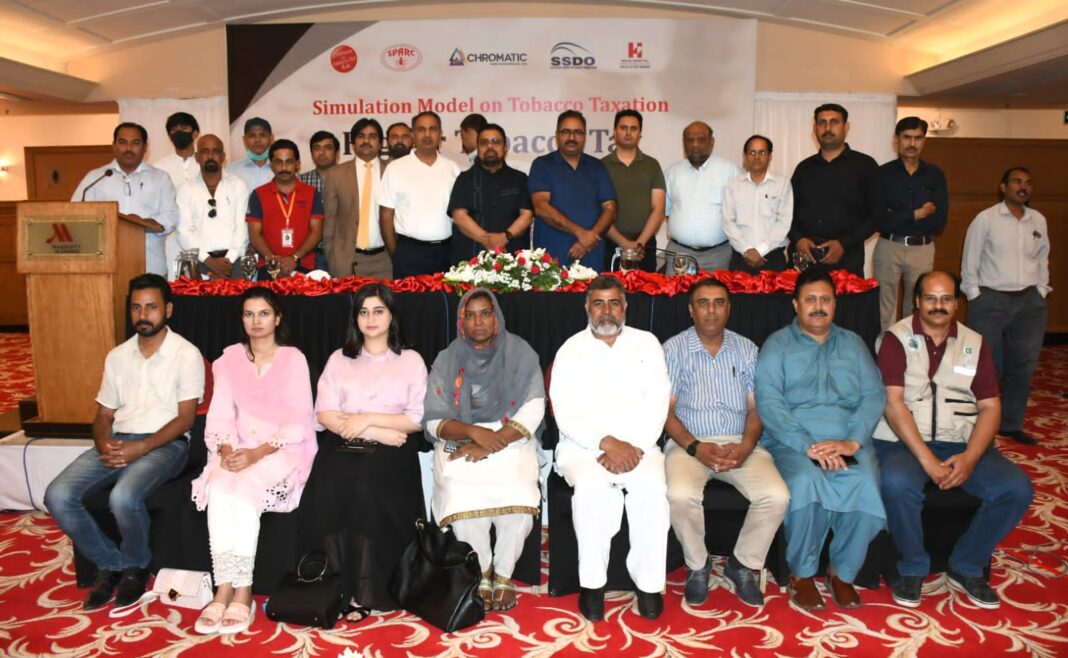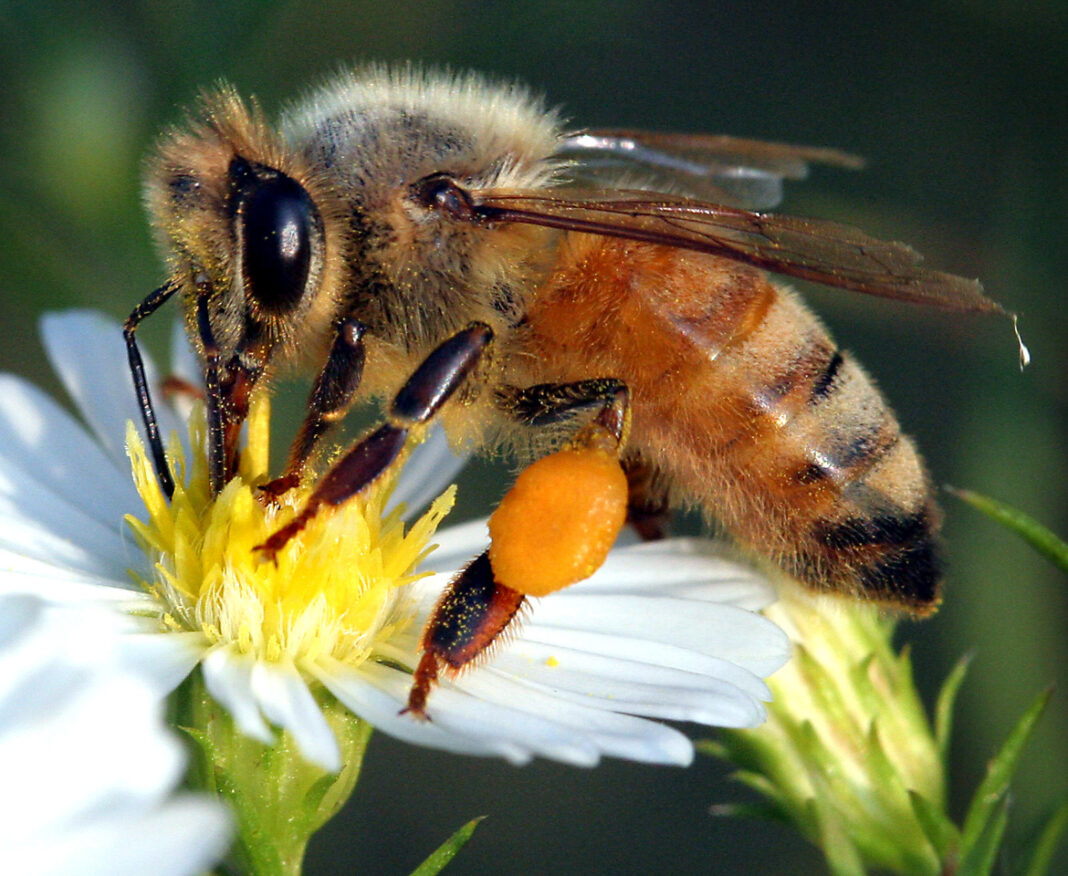TD NEWS
ISLAMABAD: In a compelling plea, health activists have called upon the government to stand firm in its commitment to raise tobacco taxation, citing the potential for enhanced revenue generation for the national exchequer. The impassioned appeal was made at an event organized by the Society for the Protection of the Rights of the Child (SPARC), where health advocates presented a thought-provoking Simulation Model on Tobacco Taxation. The model underscored the mutually beneficial outcomes that arise from increased tobacco taxation, benefiting both the government and the citizens of Pakistan.
During the event, Malik Imran, Country Head of the Campaign for Tobacco-Free Kids (CTFK), emphasized the significance of taxation as a crucial revenue source for any government. He stressed the importance of imposing higher taxes on non-essential items such as tobacco to ensure a stable fiscal balance and prevent detrimental impacts on the national exchequer. Imran highlighted the positive impact of the government’s decision to increase the Federal Excise Duty (FED) on cigarettes in February 2023, which resulted in an additional 11.3 billion FED revenue during the fiscal year 2022-23—an impressive 9.7% increase from the previous year. Furthermore, an additional 4.4 billion VAT revenue was generated during the same period, marking an 11.5% growth from the previous year. These additional revenues, totaling 15.7 billion, accounted for 0.201% of Pakistan’s GDP, providing a significant boost to the nation’s struggling economy.
Imran further rebuked the tobacco industry’s misleading tactics, which often employ the illicit trade excuse to divert attention. He argued that inflated figures regarding illicit trade are used to distract from the underreporting practices employed by tobacco companies. These companies deliberately under-report their production and subsequently sell their unreported products in the illicit market, resulting in substantial losses for the national exchequer.
Dr. Ziauddin Islam, Former Technical Head of the Tobacco Control Cell at the Ministry of Health, shed light on the devastating impact of tobacco, dubbing it the largest silent killer in Pakistan. He lamented the staggering statistic of over 170,000 deaths per year attributed to tobacco use, imposing an annual economic burden of 615 billion—equivalent to 1.6% of Pakistan’s GDP. Dr. Islam highlighted the role of increased prices in reducing both tobacco production and consumption, consequently alleviating the burden on public health expenditures. Notably, there has been a notable 31.7% decline in declared cigarette production during the fiscal year 2022-23 compared to the previous year. Drawing from this example and echoing recommendations from the World Health Organization, Dr. Islam emphasized the need for Pakistan to implement regular tax increases, accounting for inflation and per capita income, in order to shield its population from the harms of tobacco products.
Khalil Ahmed Dogar, Program Manager at SPARC, drew attention to the insidious targeting of children by the tobacco industry, aiming to recruit “replacement smokers.” Shockingly, approximately 1,200 Pakistani children between the ages of 6 and 15 start smoking every day. Khalil underscored the impact of increased prices as the most effective tool in shielding children and low-income groups from the financial accessibility of these lethal products. On average, Pakistani smokers allocate 10% of their monthly income to purchasing cigarettes. Urging unity among all stakeholders, Khalil stressed the paramount importance of safeguarding the well-being of children and youth from the perils of tobacco. Implementing higher tobacco taxes was proposed as a critical step that must be consistently enforced.
The plea from health activists carries a profound message, urging the government to remain resolute in its decision to increase tobacco taxation. With the potential to bolster the national exchequer and safeguard public health.



